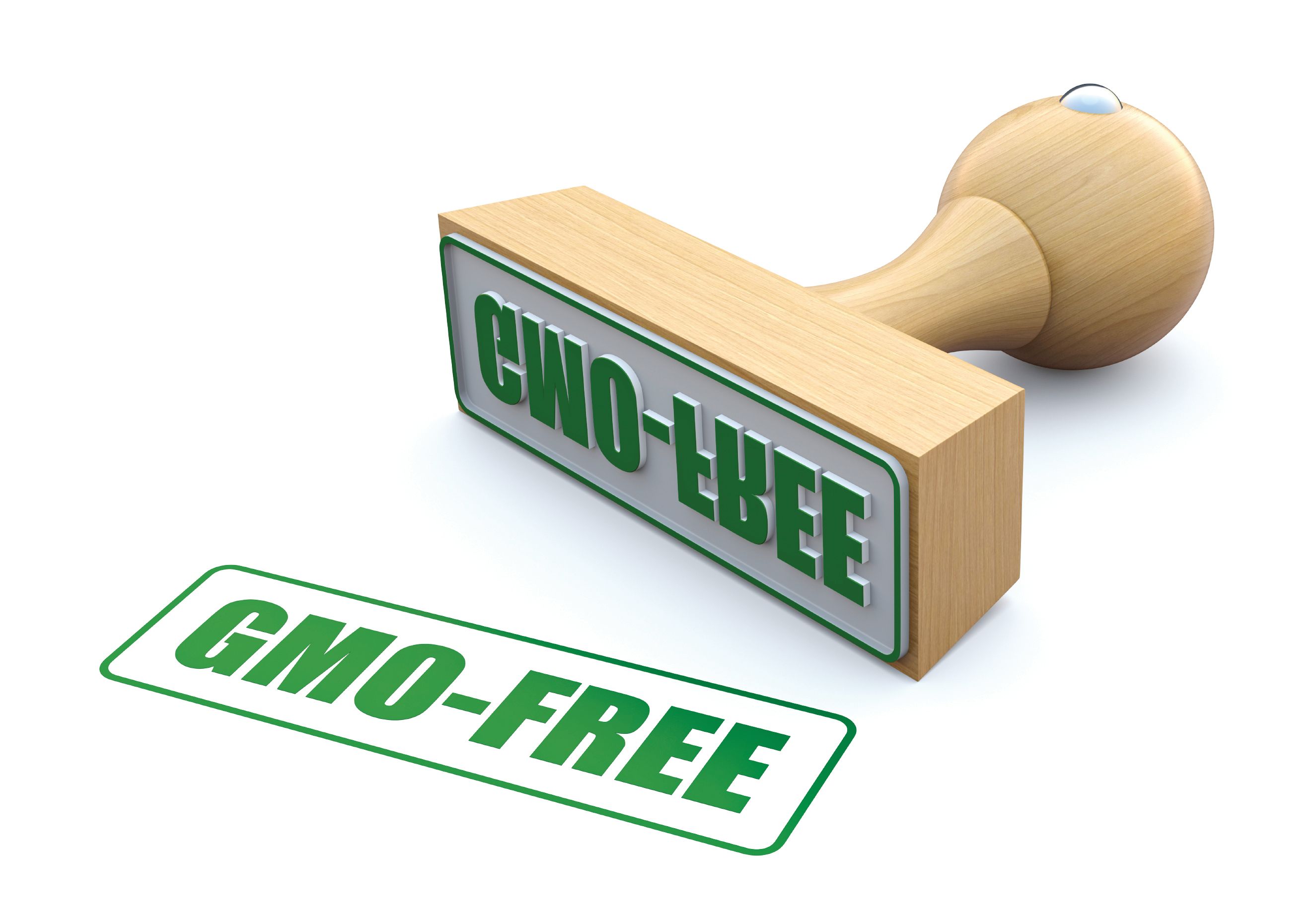Ingredient Suppliers Don't Need Non-GMO Certification, Botanicals Supplier Says
An ingredient supplier’s view of non-GMO certification

By its own account, BI Nutraceuticals (Long Beach, CA) is “the largest supplier of botanical ingredients in the US.” Along with its flagship botanical powders, the company’s teas, extracts, vitamins, minerals, amino acids and more wind up in dietary supplements, foods and beverages, pharmaceuticals and personal- and pet-care products sold far and wide
Given BI’s commitment to attaining SQF, USDA Organic, kosher, halal and gluten-free certifications, one could reasonably suspect that the company would have a pointed view on the current state of non-GMO certification. And it does. Randy Kreienbrink, director of marketing, and Alison Raban, a certified food scientist with the company, give us their views.
Non-GMO certification isn’t as important to ingredient suppliers like them as it is to finished-product manufacturers.
“We’ll do our part,” Kreienbrink says. “But we’re not making finished products. So what’s the real role for us, and why would there be a need for us to meet the certification requirement of the Non-GMO Project Verified as an ingredient supplier?”
“For us right now,” Raban says, “we’re educating our customers on what they need from us if they want to get certified from a group like Non-GMO Project Verified. We work with our customers to make sure they have everything they need from our end for their certification. But for us, we don’t see the value.”
Certification has its costs.
“It’ll cost more money, and the extra third-party testing with the specified labs is going to make it hard,” Kreienbrink notes.
Raban agrees. “It’s a complex issue because our customers are making products for consumers, so they have to work with the stores and the store buyers” who might demand non-GMO certification, she says. “But then they also have a bottom line, as well.”
For them, USDA Organic holds the real value.
“Obviously, we see the value in organic, because organic is through USDA and they have so much more history,” Raban says. “And there’s more transparency in what the requirements are to get organic certification. I think there’s more value in that.”
Also read:
Kratom sees impressive sales growth despite its regulatory status and stigma
March 12th 2025Despite its controversy, kratom is a top-selling ingredient that consumers see value in. That said, brands need to work hard to demonstrate safety and quality of kratom products in the absence of legal regulatory status. Will kratom be able to overcome its stigma for even more growth and consumer acceptance?
DOJ asks Utah court to dismiss FTC lawsuit against Xlear Inc.
March 11th 2025On March 10, the DOJ and the defendant filed a stipulation to dismiss with prejudice the lawsuit in which each party agrees “to be responsible for its own costs and fees and agrees that no party shall be responsible to any other party for any fines, costs, fees, or penalties arising from this case.”
HHS announces efforts to eliminate independent conclusion of GRAS
Published: March 11th 2025 | Updated: March 11th 2025U.S. Department of Health and Human Services (HHS) Secretary, Robert F. Kennedy Jr., is directing the acting U.S. Food and Drug Administration’s (FDA) acting commissioner to explore rulemaking that would eliminate the independent conclusion of GRAS provision.











